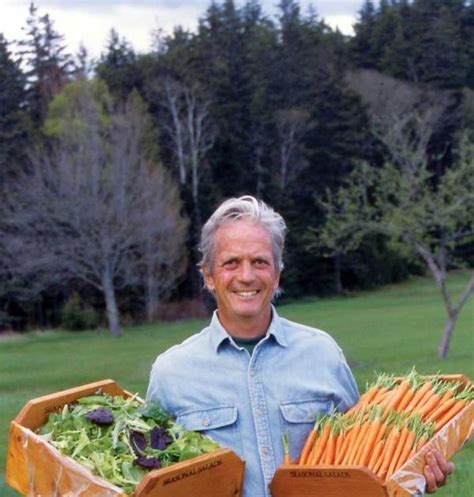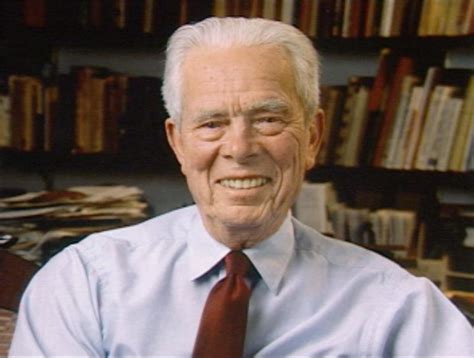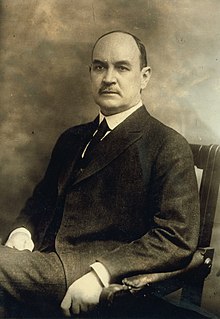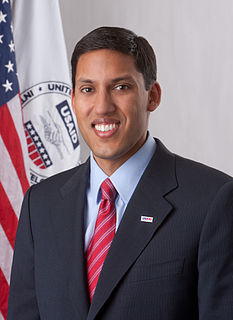A Quote by Arvind Gupta
The development of exponential technologies like new biotech and AI hint at a larger trend - one in which humanity can shift from a world of constraints to one in which we think with a long-term purpose where sustainable food production, housing, and fresh water is available for all.
Related Quotes
The only truly dependable production technologies are those that are sustainable over the long term. By that very definition, they must avoid erosion, pollution, environmental degradation, and resource waste. Any rational food-production system will emphasize the well-being of the soil-air-water biosphere, the creatures which inhabit it, and the human beings who depend upon it.
The good news about fresh water is that, even after accounting for the larger volume of water that is unavailable to people from the hydrologic cycle, there is enough on a global scale to support current and anticipated populations on a sustainable basis... Three essential goals are dependable and safe supplies for people, protection and management of the environmental systems through which water moves, and efficient water use. Meeting these goals will require that fresh water not continue to be treated as a free good or as the principal means for disposing of human and industrial wastes.
Developed and benefited from the unsustainable patterns of production and consumption which have produced our present dilemma. It is clear that current lifestyles and consumption patterns of the affluent middle class-involving high meat intake, consumption of large amounts of frozen and convenience foods, use of fossil fuels, appliances, home and work-place air-conditioning, and suburban housing-are not sustainable. A shift is necessary toward lifestyles less geared to environmentally damaging consumption patterns.
We were able to conclude a Paris climate agreement, which will lead the way for the rest of the world, which is groundbreaking. And together with the sustainable development goals of the agenda 2030 for the whole world, this is indeed a sea change, I think, that we see here, and, step-by-step, it will be implemented.



































